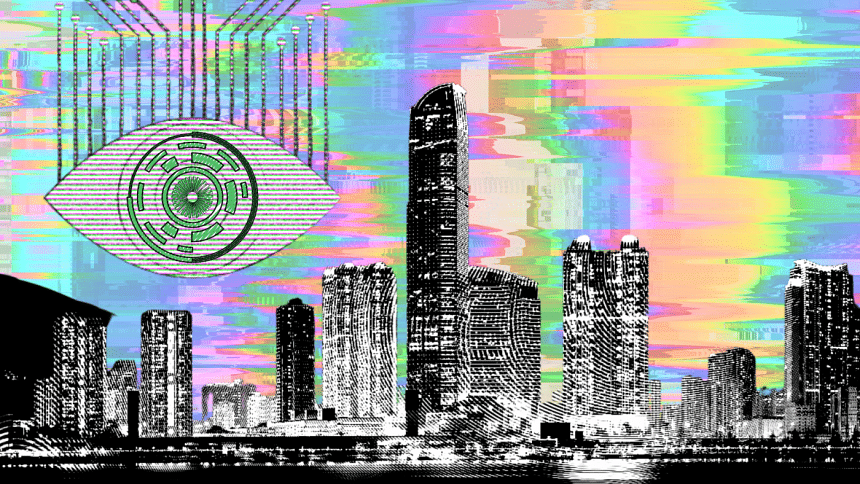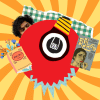Why we like dystopian novels so much

1984, Fahrenheit 451, A Brave New World, The Handmaid's Tale, Divergent, and Animal Farm are titles most highlighted on the internet when discussing novels. From tweets and Tumblr posts, to Instagram bios on edgy kids' profiles, dystopian novels have gained notoriety within readers and non-readers alike for being juggernauts of social commentary.
Surveillance states, totalitarian regimes, environmental catastrophes, mass poverty, and oppression are a few of the usual key elements that make up a formulaic dystopian novel. The plots usually take place in a post-apocalyptic world with an antagonistic government holding too much power over the civilians, and a driven protagonist who actively challenges authority.
Recently, this new wave of obsession with dystopian novels took the world by storm. Reading about oppressive systems became tantamount to being a "woke" individual. Soon enough, people started comparing real-world situations to those in the novel. Since references from these novels keep popping up as literary or cultural references all the time, people start reading them out of fear of missing out.
In 2013, The New Yorker published an article titled So Are We Living in 1984?, highlighting the massive power the NSA holds over USA's citizens by collecting data and maintaining constant surveillance. Novels like these spark conversation amongst people about the road society is taking, and with that, we fear whether these novels are mere warnings or prophecies.
So, why DO we gravitate towards pessimistic depictions of the future so much?
One feature of dystopian novels that makes them so compelling is the portrayal of real-world problems in an exaggerated manner. The Handmaid's Tale gives us foresight on the horror that follows abortion bans and forced births, something a lot of right-wing conservatives down play as not-so-bad side effects. Similarly, Fahrenheit 451 showcases the harm of censorship and forced ignorance, which is exemplified in the United States banning books on gender, race, and sexuality in 2022.
Another key factor that attracts readers, particularly teenagers, is the rebellious nature of the protagonist. We love to see ourselves in them: staunch, courageous, convicted, and contrarian. Teenagers live vicariously through these characters, and the authoritative antagonists of these stores often act as an analogy to authority in their lives, i.e. parents, teachers, etc. In fact, one of the reasons why generation Z is more ready to fight the power and lead the charge than any other generation is because they have been fed a steady diet of dystopian novels. Ironically, dystopian novels provide hope for the future, since we learn to recognise oppressive patterns and giveaways in the real world from these books. This allows us to draw parallels from the book to the lives we lead.
Dystopia helps us understand, identify and empathise with social evils better. Being familiar with dystopia makes us feel socially and intellectually aware. While the thrill we get from reading about post-societal worlds is gratifying in and of itself, learning to actually absorb the lessons and signs the authors tried to warn us about is something we should not forget to do whilst we're submerged in these fictional worlds of ash, dust, and bone.
Koushin Unber is worried about losing her childlike wonder. Help her lengthen her attention span at [email protected]

 For all latest news, follow The Daily Star's Google News channel.
For all latest news, follow The Daily Star's Google News channel. 









Comments